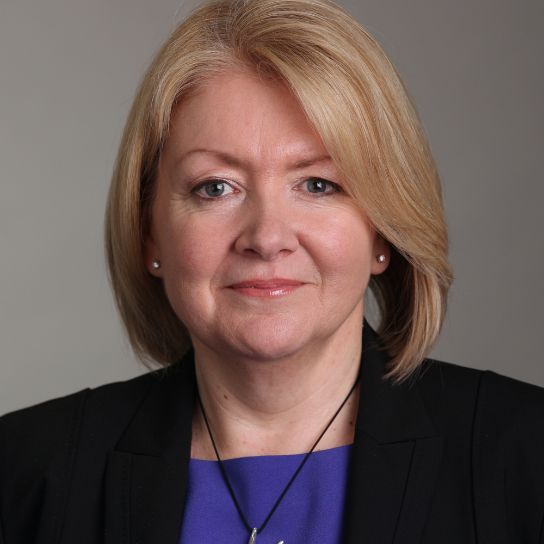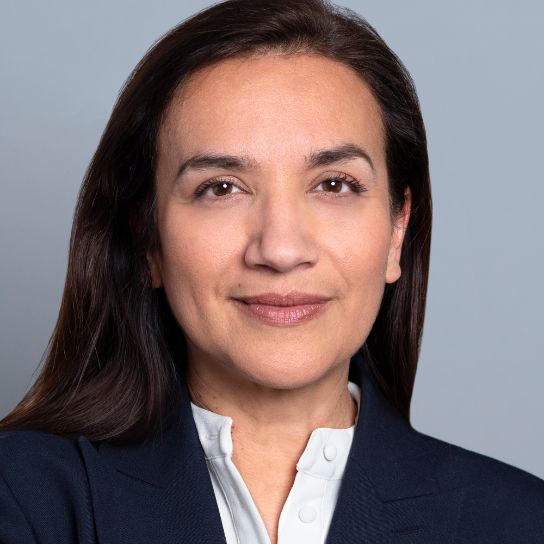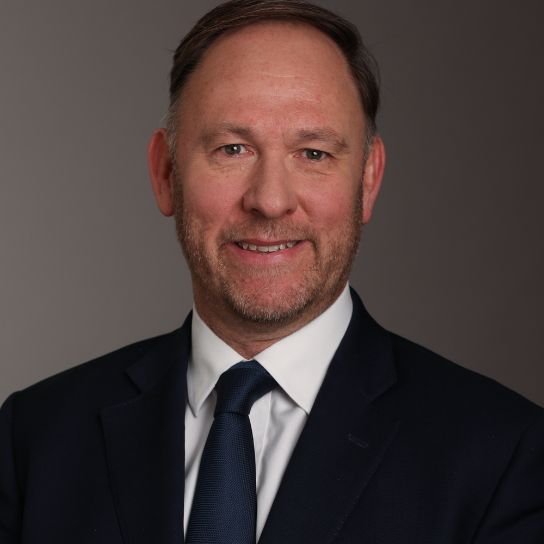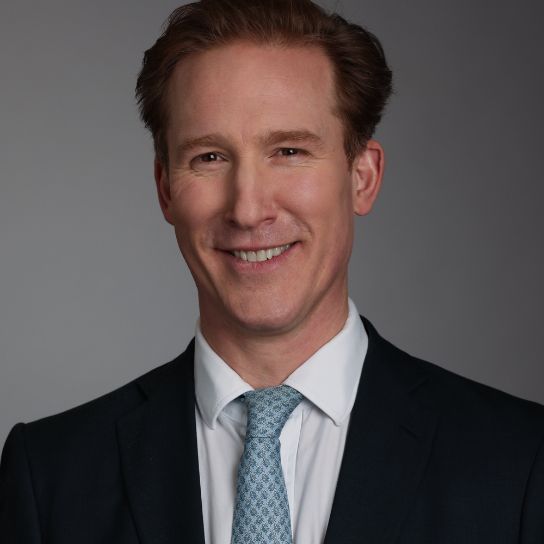What to do about the economy, corruption and oil are just some of the issues dividing Nigerian politicians and splitting voters in the presidential and national assembly elections this year. Will it be more of the same for Nigeria in 2019, or will it be the year that offers the electorate a real policy choice?
Nigeria has the biggest economy in Africa – 60-70% of its revenues come from oil and gas – and with 200 million people, it is the continent’s most populous country. “But,” says Patrick Smith, long-time editor of Africa Confidential and one of the most respected journalists on Africa, “Nigeria is punching below its weight on the international stage. It has a semi-detached relationship with the International Monetary Fund [IMF] and the World Bank, and is hobbled by security issues. Whoever wins the election has a lot of work to do to bring Nigeria up to where it should be.”
BUHARI PROMISES
In one political corner is incumbent President Muhammadu Buhari, representing the All Progressives Congress (APC). In line with his big anti-corruption mantra, his campaign is expected to be a low-key, low-cost affair. Economic diversification away from oil and gas, and a focus on education, training, jobs and infrastructure, are his priorities. He intends to back his presidency with a well-run government, with at least 35% of senior posts for women, and a robust legal system.
Buhari’s support is strong among voters in the North and North West of Nigeria. “He is seen as a ‘Mr Integrity figure’,” says Smith, “for bringing sanity back to Nigeria’s finances and overthrowing the corrupt regime in the 1980s.” He is showing his mettle against Boko Haram and the Islamic State, but his first presidential term also saw the country enter and climb out of recession and the poor get poorer, while alleged corruption in the APC seat of Kano has been, some say, ignored.
ABUBAKAR MANIFESTO
In the other corner is former APC vice president and now People’s Democratic Party (PDP) candidate Atiku Abubakar. He is a colourful figure, with a “slick” and expensive campaign machine, but is tarred by unproven allegations of corruption. He promises to fix economic under-performance and high unemployment, committing to make Nigeria “the lowest tax economy in Africa within five years and to double GDP to US$900 billion within four,” explains Smith. Abubakar’s support is largely in the South and densely populated oil-rich delta states of Nigeria, where militants support devolution and won’t settle for 13% of revenues from oil and gas – they want it all.
Cuts in state expenditure, low corporate taxation and orderly privatisation – aka selling off assets, like the state oil company – are in Abubakar’s manifesto. He also has ambitious plans to pull 50 million people out of extreme poverty by 2025 and create three million jobs year on year. Both objectives are short on detail and neither has been costed or challenged.
ECONOMIC MATTERS
The Nigerian currency is volatile. The IMF advises floating the naira, raising inflation and suffering some short-term pain to achieve longer-term currency stability.
PDP favours flotation, but it does not sit well with the APC, having seen the country haul itself slowly out of recession in 2016. “We are left with ‘managed depreciation’,” says Smith. By that he means several different exchange rates, opportunities for arbitrage and, invariably, a degree or two of corruption.
Nigeria economy fact file
|
Nigeria’s economic statistics do not read well. The country’s revenue to GDP is the lowest in the world, while fiscal space – money left over after servicing debt – is, according to Christopher Dielmann, senior economist at Exotix Capital, “abysmal”. It leaves very little for capital expenditure to enhance the country’s infrastructure.
Nigeria is reliant on oil. It exports almost 90% in an unrefined state but then reimports it as refined petroleum, which it sells onto Nigerians at the pumps at a subsidised flat rate of 145 naira (30 pence) per litre. “So, despite being one of the wealthiest oil countries, the amount of economic loss generated by the oil sector is staggering,” says Dielmann.
Nigeria’s saving grace, although it is not due to come online until 2021, could be the new 650,000-barrel per day capacity Dangote refinery. It would not only take care of Nigeria’s domestic needs but keep 100,000 barrels in reserve, while creating thousands of jobs, enhancing Nigeria’s investment prospects and boosting GDP.
“Oil is ‘a wasting asset’ since the Paris Agreement on climate change. Nigeria has to decide whether to get out of the oil game altogether – sell it down; raise money through a transparent and accountable process; invest in the infrastructure needed to modernise and industrialise – or move decisively to gas.”
Patrick Smith, editor, Africa Confidential
But it might not go entirely the way that the next elected Nigerian president chooses. Though the refinery could transform and diversify the Nigerian economy, privately-owned Dangote could flex its muscle and “crowd out” government by refusing to sell the refined product domestically at a subsidised rate. It could, of course, export the product and cut out Nigeria altogether, or use it to leverage political sway.
NIGERIA MUDDLING THROUGH
The IMF thinks that Nigeria will continue to “muddle through” in the medium term.
Certainly, post-election, and with continued recovery in oil prices, the chances are that capital which has flowed out of the country in the past six months could make its way back in, whoever is in charge.
A slight improvement in GDP growth is likely in 2019, mostly on the back of electioneering, but will ultimately add to the growing debt pile.
“The scary thing is Nigeria’s debt to GDP ratio. As global interest rates keep rising, as debt keeps rising, so too the interest costs. Without a plan to increase federal revenues, the debt to GDP ratio will just keep on going up.”
Christopher Dielmann, senior economist at Exotix Capital
Meanwhile, private sector lending has ground to a halt. Government has over-borrowed from the domestic market, pushing up interest rates, making loans too expensive. It is likely to remain flat, pending improvement in the federal fiscal deficit.
On the election front, Nigeria has cleaned up its act. Electoral reforms and biometric verification will make the outcome more credible. A so-called “Third Force” could even emerge, as various groupings, particularly the Nigerian youth, attempt to harness appetite for an alternative to the APC and PDP.
For now, however, there is no clear out-front candidate. Nigeria’s issues are complex and it’s too close to call.
Key contacts
Legal Notice
The contents of this publication are for reference purposes only and may not be current as at the date of accessing this publication. They do not constitute legal advice and should not be relied upon as such. Specific legal advice about your specific circumstances should always be sought separately before taking any action based on this publication.
© Herbert Smith Freehills 2024




